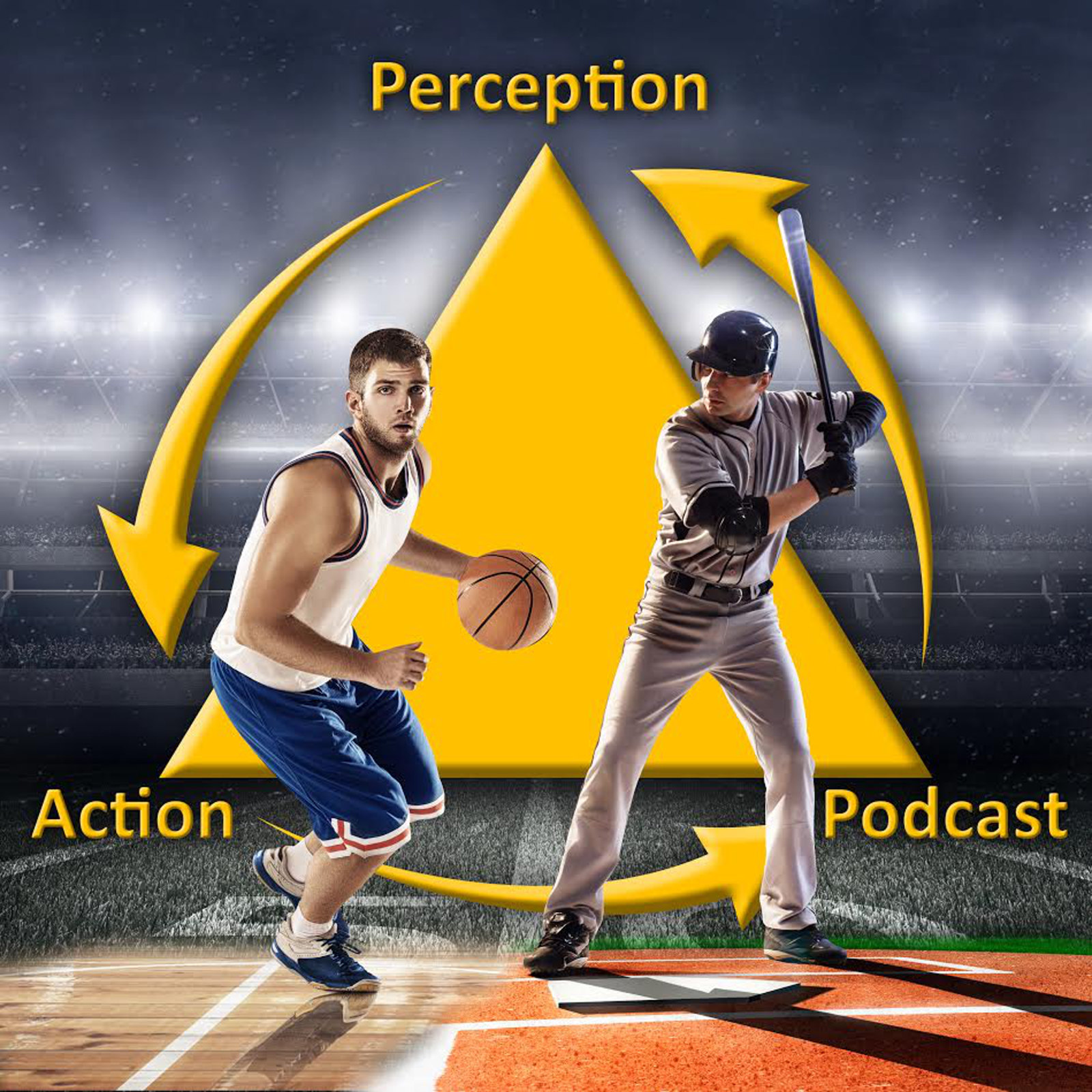12 –Hot Hands, Cold Hands & Performance Streaks
12 I tackle what has been one of the most interesting and contentious issues in sports psychology: hot and cold streaks in performance. Does the hot hand exist? What is the best way to get out a slump? Is an athlete’s ability to perform under pressure influenced by the streak they are on? What Grinds…
Read More